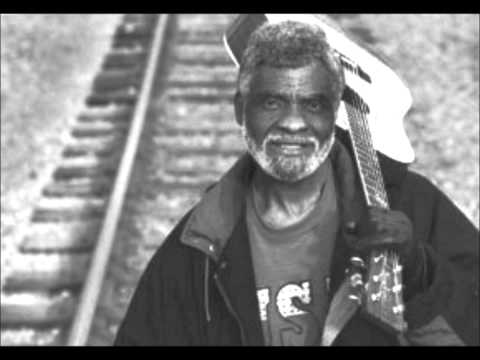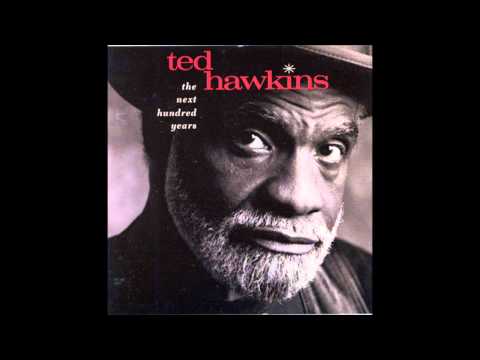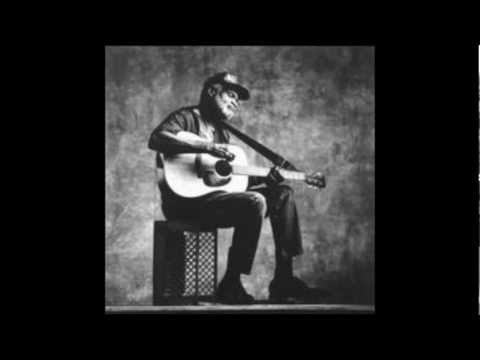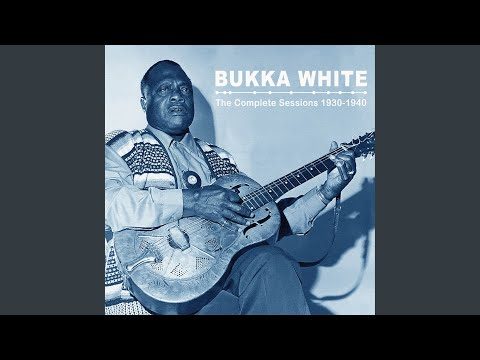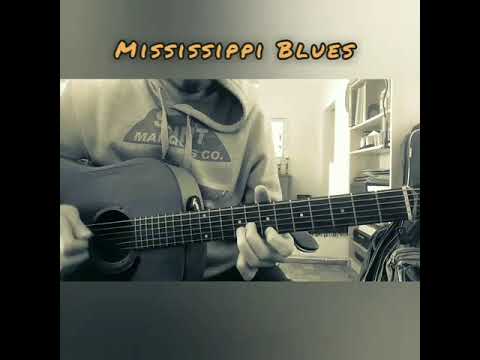Hawkins was an enigmatic figure through most of his profession; he split his time between his adopted home town of Venice Beach, California where he was a primarily anonymous street entertainer, and Europe, where he and his songs were much better known and well gotten in clubs and small show halls.
Life and profession
Born into a bad family in Mississippi, Hawkins lived a challenging early life, ending up at a reform school by age 12, and wandering, hitching, and taking his method across the country for the next dozen years, earning numerous remain in prison consisting of a three-year stint for stealing a leather jacket as a teenager. Along the method, he got a love of music and a skill for the guitar. “I was sent out to a school for bad kids called Oakley Training School in 1949”, he composed in a brief piece of autobiography. “There I developed my voice by singing with a group that the superintendent’s wife had got together”. After reform school, he wound up in the state penitentiary and was released at 19. “Then I heard a vocalist whose name was Sam Cooke. His voice did something to me.” For the next 10 years approximately he drifted in and out of problem around the nation, residing in Chicago, Buffalo, Philadelphia, and Newark. In the middle of the mid 1960s folk music boom Hawkins set out for California to pursue an expert singing profession. He tape-recorded numerous tunes without business success, operated at chores, and used up busking along the piers and stores of Venice Beach as a method to supplement his income. Hawkins made ends satisfy by developing a little following of residents and travelers who would pertain to hear this southern black male, sitting on an overturned milk-crate, play blues and folk requirements as well as a couple of initial tunes in his signature open guitar tuning and scratchy vocal design. Hawkins claimed the rasp in his voice came from the damage done by years of singing in the sand and spray of the boardwalk.
A series of record manufacturers and promoters would “find” Hawkins over the years, only to be warded off by circumstance and Hawkins’ unconventional method to life. The very first of these was musicologist and blues producer Bruce Bromberg who approached Hawkins about a recording agreement in the early 1970s. Hawkins tentatively agreed and recorded some lots songs for Bromberg however once again entered trouble and spent much of the next years in prison and addicted to heroin. Bromberg lost contact up until 1982, when he re-located Hawkins and got him to consent to release the previously-recorded tunes as an album, Enjoy Your Step, which was launched on Rounder Records. This launching album was a commercial failure but received rave reviews (especially a rare 5-star rating in Wanderer). Following the release of the album, Hawkins dropped out of sight again for a time, re-uniting with Bromberg in 1985 for a second album, entitled Pleased Hour. This album included more original tunes from Hawkins and was once again ignored in the U.S.; however it won honor and sales in Europe. Andy Kershaw motivated Hawkins to come to the UK, and he moved to Bridlington in 1986 and enjoyed his first taste of real musical success, touring Europe and Asia.
During this duration Hawkins stayed mostly out of difficulty and fine-tuned his musical style: a mix of folk, nation, deep southern spirituals, and soul music. Hawkins’ music was informed by however did not resemble blues music (Hawkins himself declared he could not play the blues because his broken stressing hand– he wore a leather glove to secure his fingers– would not enable him to flex notes).
Regardless of his acknowledgment and fame in Europe, Hawkins was agitated and moved back to California in the early 1990s and once again handled the role of a street performer. Several musicians and promoters motivated Hawkins to record, however he did so only on occasion and without much interest, till he accepted record a full album for Geffen Records and producer Tony Berg. For this very first major-label release, titled The Next Hundred Years, Berg included session artists to Hawkins’ typical solo guitar-and-vocal arrangmements for the very first time, and brought national attention and decent sales to Hawkins (though Hawkins, in usually contrary fashion, declared to do not like the result, preferring his unaccompanied versions). Hawkins began to visit on the basis of this success, commenting that he had actually lastly reached an age where he was glad to be able to sing indoors, out of the weather, and for an appreciative crowd. Hawkins, nevertheless, passed away of a stroke at the age of 58, simply a couple of months after the release of his breakthrough recording.
http://www.the-bunker.org/ted/ted.html
fan site


